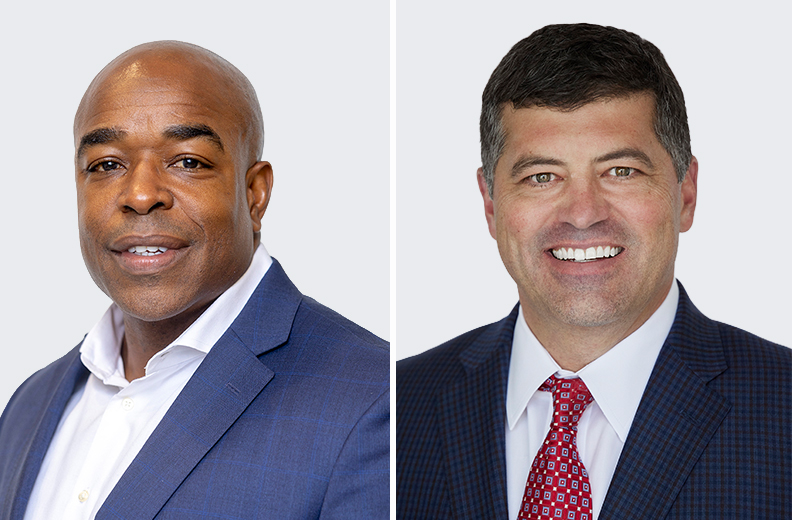Manufactured Housing Sparks Investor Interest
November 3, 2020
Manufactured housing historically has been more of a “mom and pop-owned” industry, but the sector is gaining interest from institutional investors who see the asset type as a pandemic-proof opportunity. Manufactured homes face a particular image problem mainly caused by outdated ideas and misconceptions, which translate into extra hurdles for new construction.
With a lack of new supply favoring landlords and a growing need for affordable housing on a national level, manufactured homes are weathering the current health crisis better than most other sectors. Jorge Figueiredo, Capital Square 1031 vice president of acquisitions & asset management, talked with Commercial Property Executive about what the growing influx of capital will mean for the industry’s future and how new players could help fix some of its major issues.
Your company recently launched a new MHC investment program in Florida. What factors motivated the decision?
Figueiredo: There is an imbalance of supply and demand in the MHC sector that favors landlords, specifically in the age-restricted (55 and older) segment and higher-end, four- and five- star communities, which is Capital Square’s target. According to Ryan Burke, an analyst at Green Street Advisors, approximately 10 new manufactured home communities have been built in the U.S. in the past two decades. This nominal supply figure bodes well for long-term stability and value generation, especially in A and B markets in the State of Florida, where population growth has fueled strong fundamentals for the sector.
There are a host of other factors that attract Capital Square to the sector as compared to other asset classes including lower resident turnover, lower maintenance requirements and overall expense to income ratio. The stability offered by the MHC sector fits extremely well with our DST/1031 exchange strategy of offering investors a long-term stable investment vehicle.
Manufactured housing is seen as a solution to the affordable housing crisis. Do you think that the influx of private capital will help or hinder that?
Figueiredo: Capital Square strongly agrees that the manufactured housing community sector is a part of the solution to the affordable housing crisis and the recent influx of capital is a net positive for the industry. New capital invested translates to more attention and capital dollars being spent on communities that have historically been well-kept, but perhaps not provided residents with a modern amenity package.
How has the pandemic impacted the industry?
Figueiredo: Capital Square has not seen a significant impact in our target segment, which is comprised of four- and five-star, age-restricted communities where residents own their homes and lease the land. The vast majority of the resident demographic is retired and/or does not rely on monthly income. So far, rent collections have remained stable at pre-pandemic levels, which are typically close to 100%.
On a national level, the manufactured housing sector is dealing with a lack of new supply and an aging existing stock. What are the top changes that could help improve the situation?
Figueiredo: The influx of new owners, like Capital Square, to the MHC sector will help deal with the aging home stock as business plans typically involve bringing in additional capital for new homes to increase occupancy, or to offer transfer opportunities to existing residents who want to upgrade and are willing to pay a higher lot rent. In terms of new supply, there is a lot of room for growth, as demand currently far outpaces supply.
There are a multitude of hurdles to new MHC development lead by municipalities taking the NIMBY stance translating to very limited new zoning. The added interest by private and institutional capital should help the sector’s image and perhaps change the minds of those currently opposed to new development.
Seeing the growing interest in manufactured housing communities, where do you see the industry going in the short- and long-term?
Figueiredo: While there is value to be gained in the sector, evidenced by the recent and growing influx of capital, new owners have a responsibility of improving communities and enhancing the value proposition of existing and future MHC residents. In the short-term, this “good steward” approach should have a positive impact on the sector, by increasing the quality of communities across the board. This has economic benefits to owners and investors, but it also provides residents with more and better housing alternatives within the sector. In the long-term, the MHC sector stands to benefit greatly by the addition of new players who could help improve the sector’s image and pave the way for new MHC development across the country.
Capital Square is entering the MHC sector with the intention of being a long-term player who can participate and hopefully help improve the industry overall. We understand the decades-old relationships that exist between owners and residents and will maintain those relationships as the underlying foundation for success.
To view the full article, click here.


